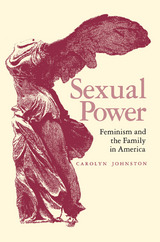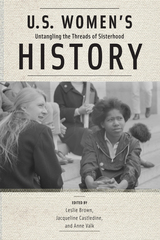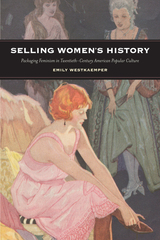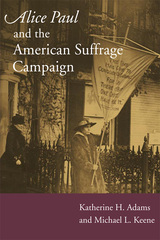Cloth: 978-0-674-34471-6
Library of Congress Classification HQ1412.L33
Dewey Decimal Classification 301.2420922
This is a thorough evaluation of the experience shared by a crucial generation of American women, widely known but never fully understood: the progressive social reformers of the early twentieth century. Lagemann portrays five such reformers, Grace Dodge, Maud Nathan, Lillian Wald, Leonora O'Reilly, and Rose Schneiderman, all of New York. Her work breaks new ground with its analysis of the forces that shaped the development of these women, their personalities, their careers, and their consciousness.
Lagemann's concern is education--not in the limited sense of going to college, but education as a lifelong "process of interaction that changes the self." She deals with the combined influences of pedagogy--especially that of parents, vocational mentors, and colleagues--work, and feminism. Lagemann skillfully demonstrates the effects of social, cultural, economic, and intellectual currents on the education of women in the late nineteenth and early twentieth centuries.
The relationships Lagemann shows between education and individual achievement and between education and social change create a new understanding of feminism and progressivism in the early twentieth century.
See other books on: Feminists | Gender Studies | Generation | Lagemann, Ellen Condliffe | Women social reformers
See other titles from Harvard University Press




























